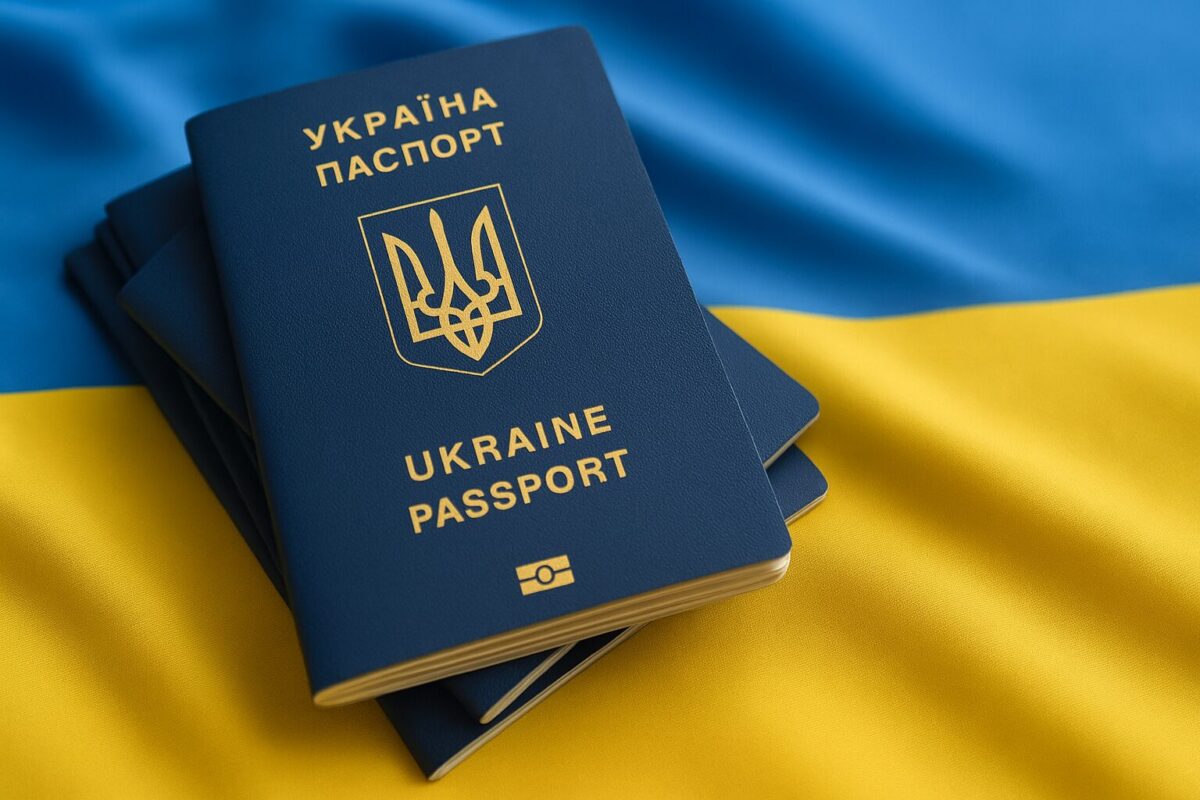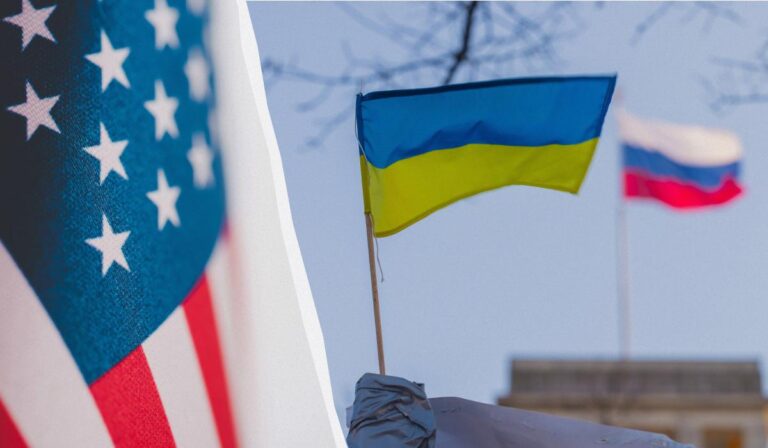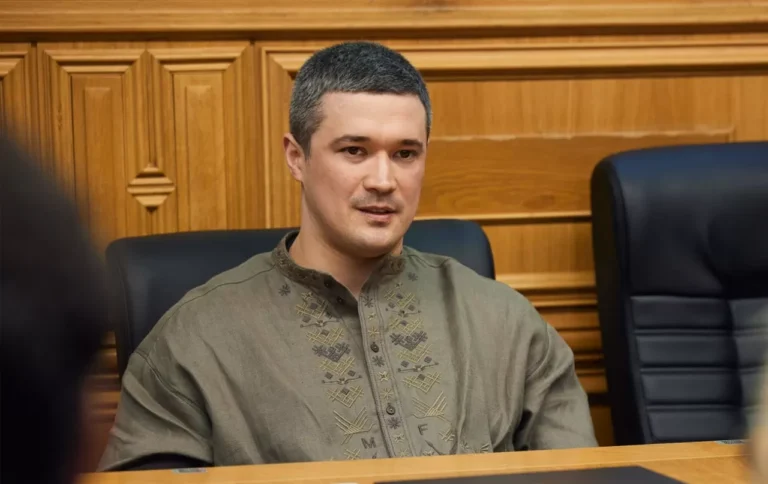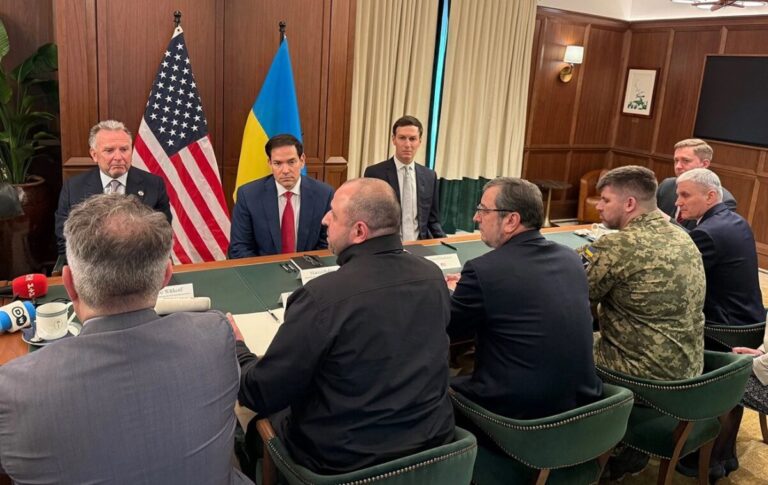
What Ukraine’s New Dual Citizenship Law Really Means
On June 18, Ukraine’s Parliament adopted a long-awaited law: Ukrainians are now officially allowed to hold multiple citizenships. Law №11469, supported by 243 MPs, isn’t just a legal shift — it’s a turning point in how the state views belonging, identity, and global connection. What does this mean for Ukraine and its citizens around the world?
The world has changed — and Ukraine is catching up
Until recently, the “one citizenship” principle was treated almost like sacred law. It was seen as essential for sovereignty and national unity. But the reality on the ground shifted — especially after Russia’s full-scale invasion in 2022.
Millions of Ukrainians were forced to flee. They started new lives abroad — not because they wanted to leave, but because they had to. At the same time, thousands of foreigners voluntarily joined Ukraine’s fight for survival.
This new law is not a compromise of values. It’s an honest recognition: Ukraine’s people — and its allies — are global. And it’s time the law caught up.
Who benefits from the law
Ukrainians living abroad. People who emigrated decades ago, or those displaced by war, no longer need to choose between their new lives and their Ukrainian identity.
Children born to Ukrainians overseas. They can now legally hold dual citizenship — without having to give up their Ukrainian roots.
Foreigners who served in the Ukrainian Armed Forces. Their sacrifices are finally recognized not just symbolically, but legally.
Foreign spouses of Ukrainian citizens. They too will benefit from a clearer and more inclusive path to Ukrainian citizenship — with conditions like knowledge of the language, history, and constitution.
Security remains a priority: built-in restrictions
This law does not open the door to everyone. Citizens of aggressor states, primarily the Russian Federation, are explicitly excluded.
The Cabinet of Ministers will determine which countries are eligible for dual citizenship agreements — expected to include the U.S., EU states, Canada, the UK, and other allies.
This is not about a passport. It’s about belonging.
The law is not about handing out documents. It’s about recognizing ties — familial, emotional, historical.
Applicants must pass tests in Ukrainian language, history, and constitutional knowledge. This isn’t red tape — it’s a way of ensuring shared values. Citizenship is not just a formality. It’s a commitment.
Relevant
Why this matters for Ukraine
1. A demographic lifeline. Ukraine’s population is shrinking. Around 25 million people of Ukrainian origin live abroad. If even a fraction of them re-engage — economically, culturally, or politically — Ukraine gains.
2. A step toward modernity. Most democratic states accept dual or multiple citizenship. Ukraine now joins them — not by surrendering identity, but by expanding its definition.
3. A gesture of trust. The country no longer sees its diaspora as “lost” or “disloyal”. It acknowledges them as part of the national story — regardless of their current home.
A shift in mindset
This is not about dual passports. It’s about dual connection — and about refusing to think in terms of “us vs. them”.
It’s an invitation to see the world as it is: fluid, interconnected, complex. And at the same time, to affirm that being Ukrainian doesn’t end at the border.
Multiple citizenship is not a threat. It’s a bridge. And in times of war, every bridge is part of our strength.















